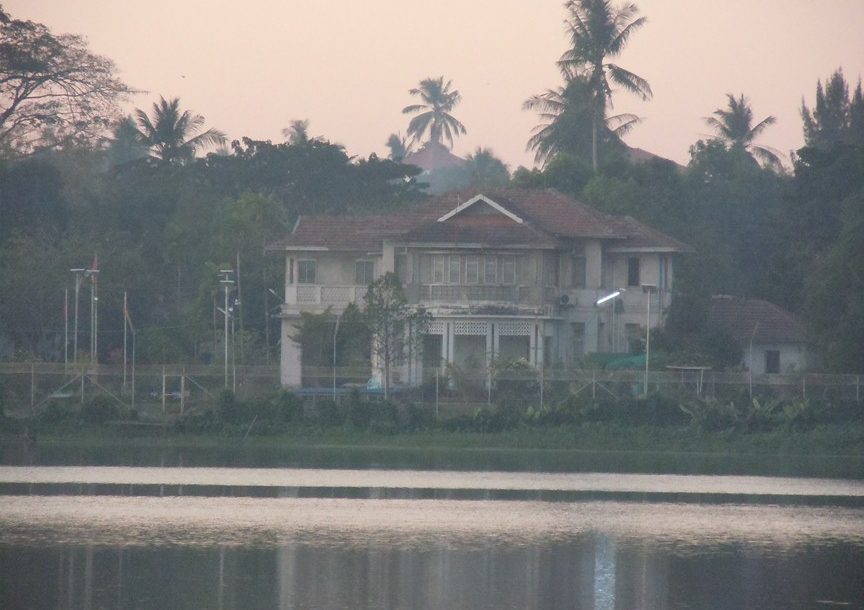2015 will be a defining year for Aung San Suu Kyi. There is no doubt that the months to come, as the election campaign heats up, will test her mettle.
At the start of the year I wrote a short essay on this theme for Mizzima. That essay concludes by noting:
Daw Aung San Suu Kyi is often criticised for her inability to adjust to new challenges. To her credit, since she was released from house arrest in late 2010 she has made great strides as a political player. Her speeches are on topic and her campaign tactics are better than ever.
But she needs the people of Myanmar to put their faith in her. That is also why she has been so reluctant to court controversy. Human rights activists can judge her harshly for her inability to advocate on behalf of the Rohingya or Kachin.
Yet, sadly, there are no votes to be won in taking a bold stand on these issues, and millions may be lost. Daw Aung San Suu Kyi – after all her sacrifices and those of her party – cannot afford to let that happen.
Such hard-headed electoral maths can’t be ignored.
That essay doesn’t deal with one of the other ways that Aung San Suu Kyi has adroitly positioned herself, and her party, for the rough-and-tumble of 2015. Every sitting day, as she strides into the Hluttaw chambers in Naypyitaw, she further legitimises a system about which she still apparently has misgivings.
Whatever her sense of the reform trajectory, it’s clear that her personal role in Naypyitaw is pivotal. In 2012, on the eve of the April by-election, I wrote about this issue: Aung San Suu Kyi’s relationship to the wider reform process. One of my assessments back then was that:
It is much more dangerous for President Thein Sein if Aung San Suu Kyi fails to win her seat. Such an outcome would lead to inevitable cries of vote-rigging and could spark an uncontrollable backlash. It may even spell the end of the nascent democratising project. To further his wide-ranging agenda, Thein Sein, and his allies, need Aung San Suu Kyi in parliament. After fighting for so many years to keep her sidelined it is a remarkable change of fortunes.
I don’t pretend that this logic necessarily applies to the Presidency, or any other high office, but I still expect it holds some weight. It may be worth considering how much could be lost if Aung San Suu Kyi doesn’t get the prominence that she, her backers and many in the international community thinks she deserves. Of course there are obvious constitutional impediments, and much push-and-shove about what they entail.
At this juncture, I guess the calculations in Naypyitaw are becoming more concerted. Aung San Suu Kyi’s future status won’t be conjured in a vacuum. The tricky decisions will deal with how her chances stack up against the ambitions of others jockeying for position: Thein Sein, Shwe Mann, Min Aung Hlaing, Khin Aung Myint, Soe Win, Min Ko Naing, and so many more.
Senior General Min Aung Hlaing, for his part, has recently given an analysis of the military role in politics, drawing on recent events in Bangkok. Reflecting on Thailand’s 2014 coup experience he said:
During that time, the military tried its best to mediate. When this didn’t work, depending on the country’s situation, they took control. There was no bloodshed. In our country a similar event happened in 1988.
Back in 2013 here at the Australian National University we discussed the chances of another coup in Myanmar. It’s something else for Aung San Suu Kyi, and the rest of us, to consider.
 Facebook
Facebook  Twitter
Twitter  Soundcloud
Soundcloud  Youtube
Youtube  Rss
Rss 